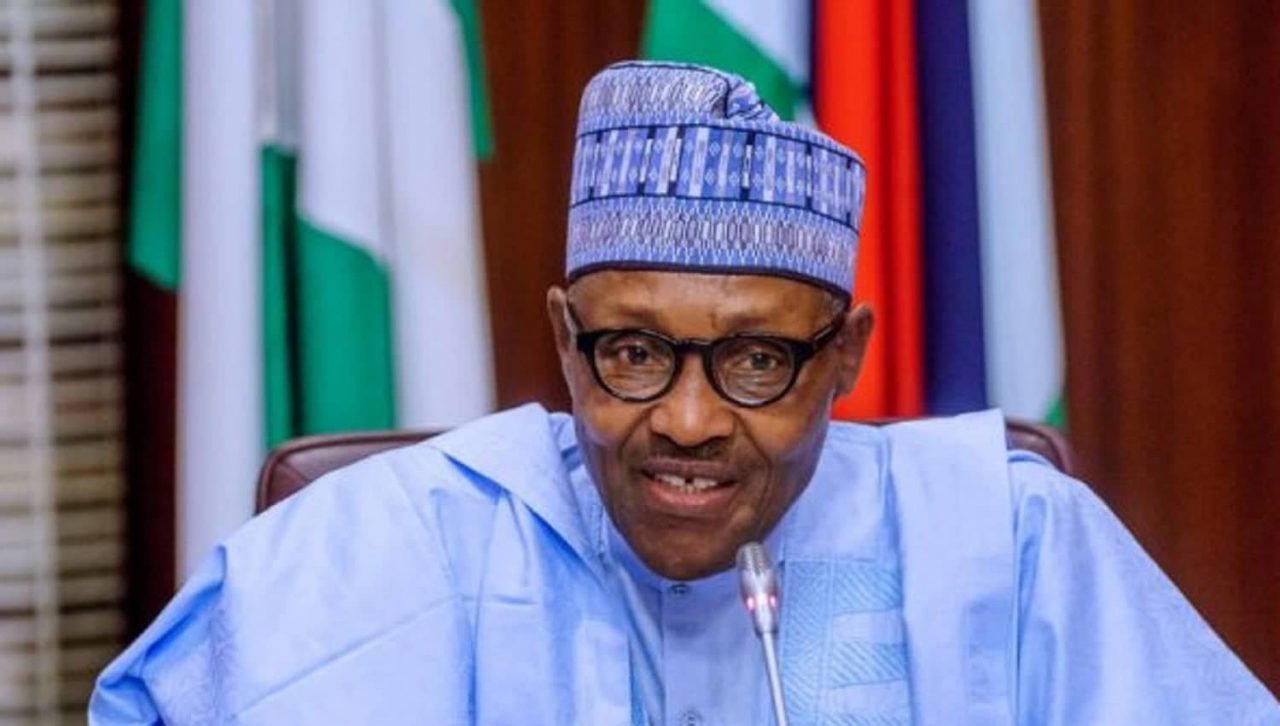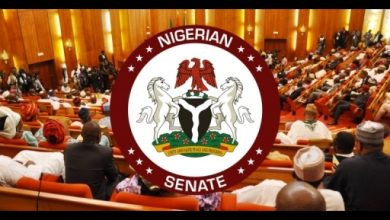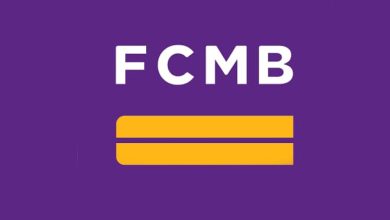2022 budget deficit jumps to N7.35tn, Buhari to borrow N965bn

The President, Major General Muhammadu Buhari (retd.), has written a letter to the House of Representatives, informing the parliament that the deficit in the 2022 Appropriation Act has risen by N965.42bn to N7.35tn.
Consequently, the President said the Federal Government would borrow funds to fill the gap.
Buhari, therefore, called for an amendment to the Federal Government’s budget and the fiscal framework for 2022.
Speaker of the House, Femi Gbajabiamila, read out the cover letter on the executive bill, titled, ‘Submission of the Revised 2022 Fiscal Framework’, and dated April 5, 2022, at the plenary on Thursday.
According to the President, there have been new developments both in the global economy as well as in the domestic economy, which have necessitated the revision of the 2022 Fiscal Framework on which the 2022 budget was based.
Buhari said, “These developments include spikes in the market price of crude oil, aggravated by the Russian-Ukraine war, significantly lower oil production volume due principally to production shut-ins as a result of massive theft of crude oil between the production platforms and the terminals. The decision to suspend the removal of Premium Motor Spirit (PMS) subsidy at a time when high crude oil prices have elevated the subsidy cost has significantly eroded government revenues.
“There is also the need to make adequate provisions for the recent enhancements of allowances for officers and men of the Nigeria Police Force to boost their morale as they grapple with heightened security challenges in the country.
Following these developments, it has become necessary to adjust the fiscal framework and accordingly amend the 2022 Appropriation Act to ensure its successful implementation.”
The President said the adjustments to the 2022 Fiscal Framework include an increase in the projected oil price benchmark by $11 per barrel, from $62 per barrel to $73 per barrel; a reduction in the projected oil production volume by 283,000 barrels per day, from 1.883 million barrels per day to 1.600 million barrels per day; an increase in the estimated provision for PMS subsidy for 2022 by N3.557tn, from N442.72bn to N4tn.
Other adjustments include a N200bn cut in the provision for federally-funded upstream projects being implemented, from N352.80bn to N152.80bn; an increase in the projection for Federal Government independent revenue by N400bn; and an additional provision of N182.45bn to cater for the needs of the Nigeria Police Force.
The letter partly read, “Based on the above adjustments, the Federation Account (main pool) revenue for the three tiers of government is projected to decline by N2.418tn, while FGN‘s share from the account (net of transfer to the Federal Capital Territory and other statutory deductions) is projected to reduce by N1.173tn.
“However, the amount available to fund the FGN Budget is projected to decline by N772.91bn due to the increase in the projection for independent revenue (Operating Surplus Remittance) by N400bn.
“Aggregate expenditure is projected to increase by N192.52bn, due to increase in personnel cost by N161.40bn and other service wide votes by N21.05bn (both for the Nigeria Police Force), additional domestic debt service provision of N76.13bn, and net reductions in statutory transfers by N66.07bn.”
Buhari listed statutory transfers’ adjustments as follows: NDDC by N13.46bn, from N102.78bn to N89.32bn; NEDC by N6.30bn, from N48.08bn to N41.78bn; UBEC by N23.16bn, from N112.29bn to N89.13bn; Basic Health Care Fund by N11.58bn, from N56.14bn to N44.56bn; and NASENI by N11.58bn, from N56.14bn to N44.56bn.
He said, “Total budget deficit is projected to increase by N965.42bn to N7.35tn, representing 3.99 per cent of the GDP. The incremental deficit will be financed by new borrowings from the domestic market.
“Given the urgency of the request for revision of the 2022 Fiscal Framework and the 2022 budget amendments, I seek the cooperation of the National Assembly for expeditious legislative action on this request.”
Meanwhile, the House Committee on Customs laid its report on the 2022 budget of the Nigeria Customs Service.
The Chairman of the committee, Leke Abejide, laid the report at the plenary on Thursday.
The committee recommended from the Statutory Revenue Fund of the Nigeria Customs Service in the total sum of N369,136,090,650, out of which N108,853,901,275.62 is for personnel cost; N45,896,807,993.81 is for overhead cost and N214,294,269,945.73 is for capital projects for the year ending December 31, 2022.





